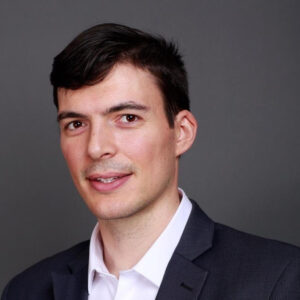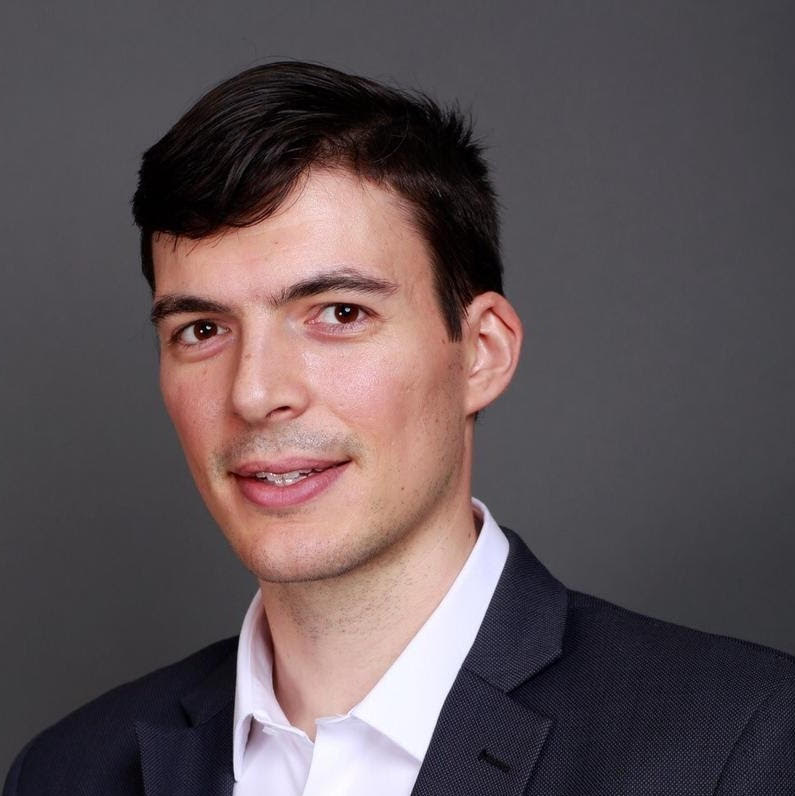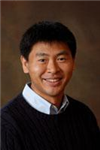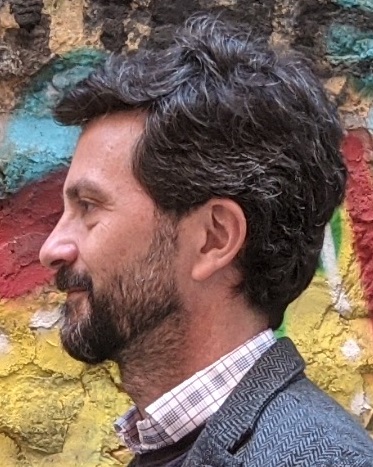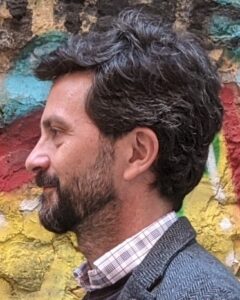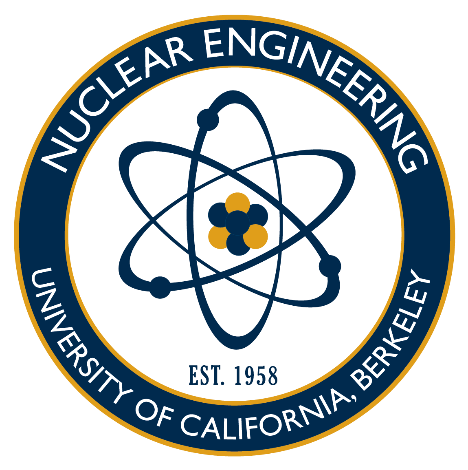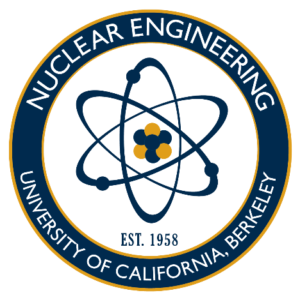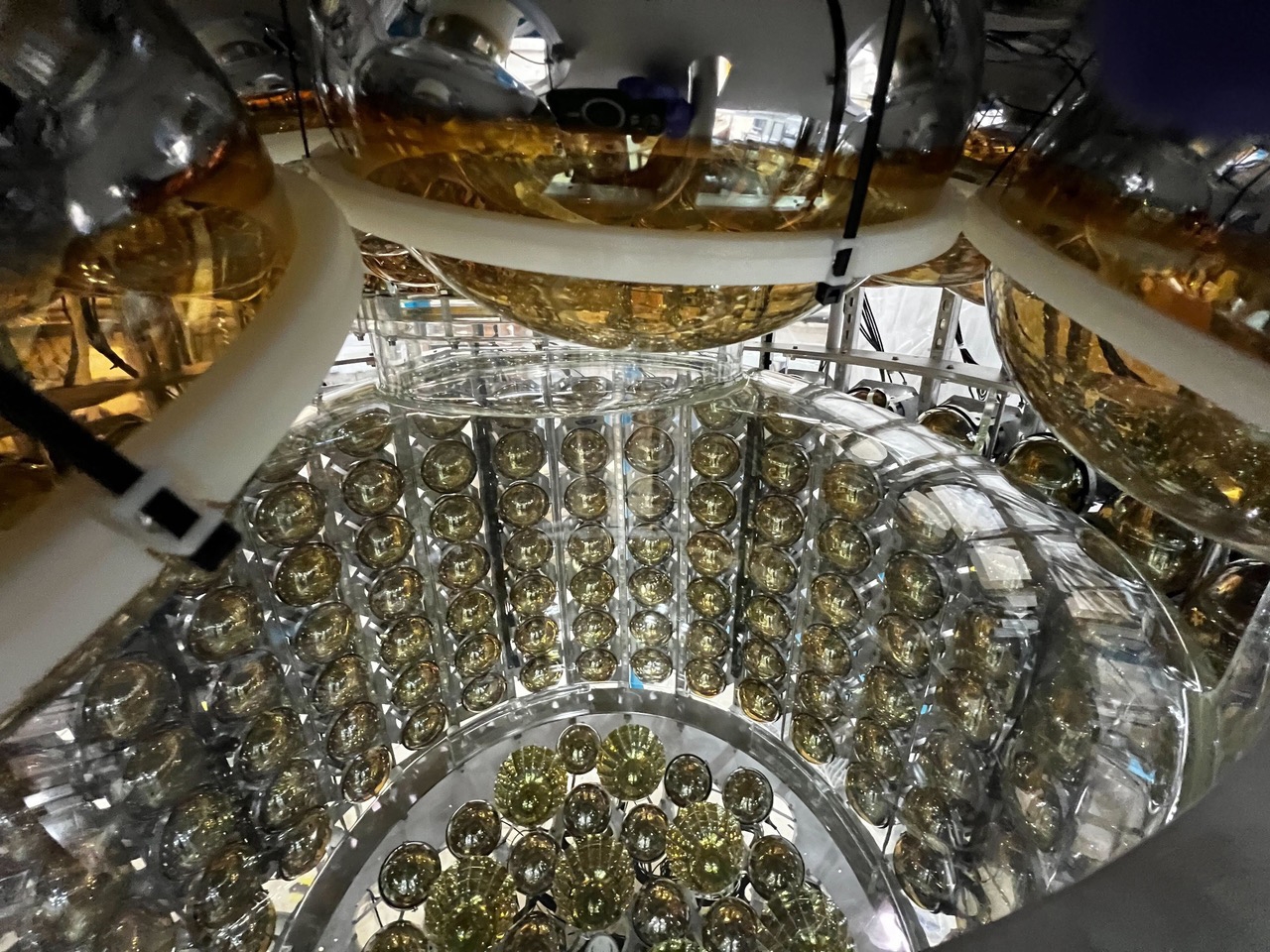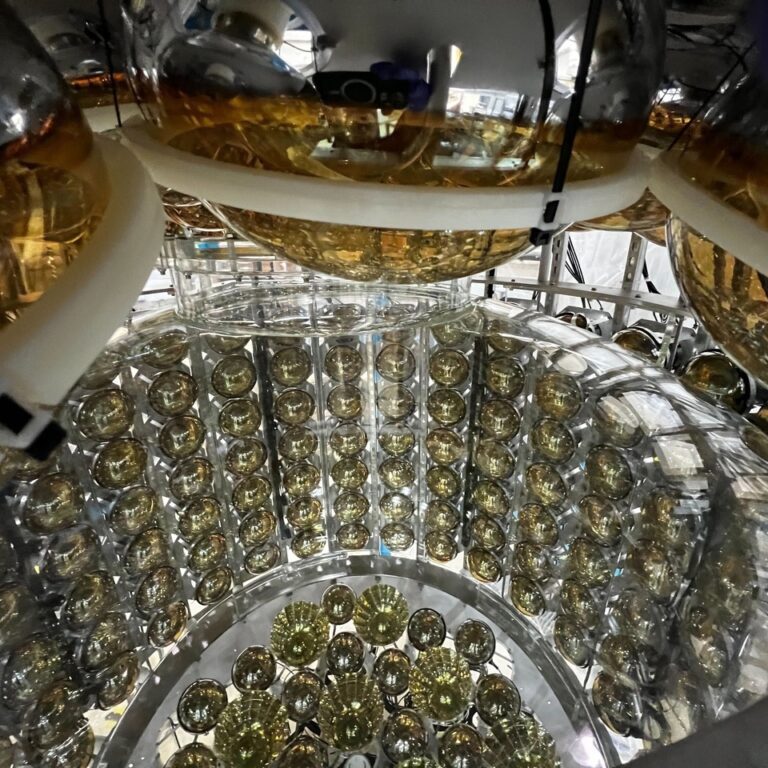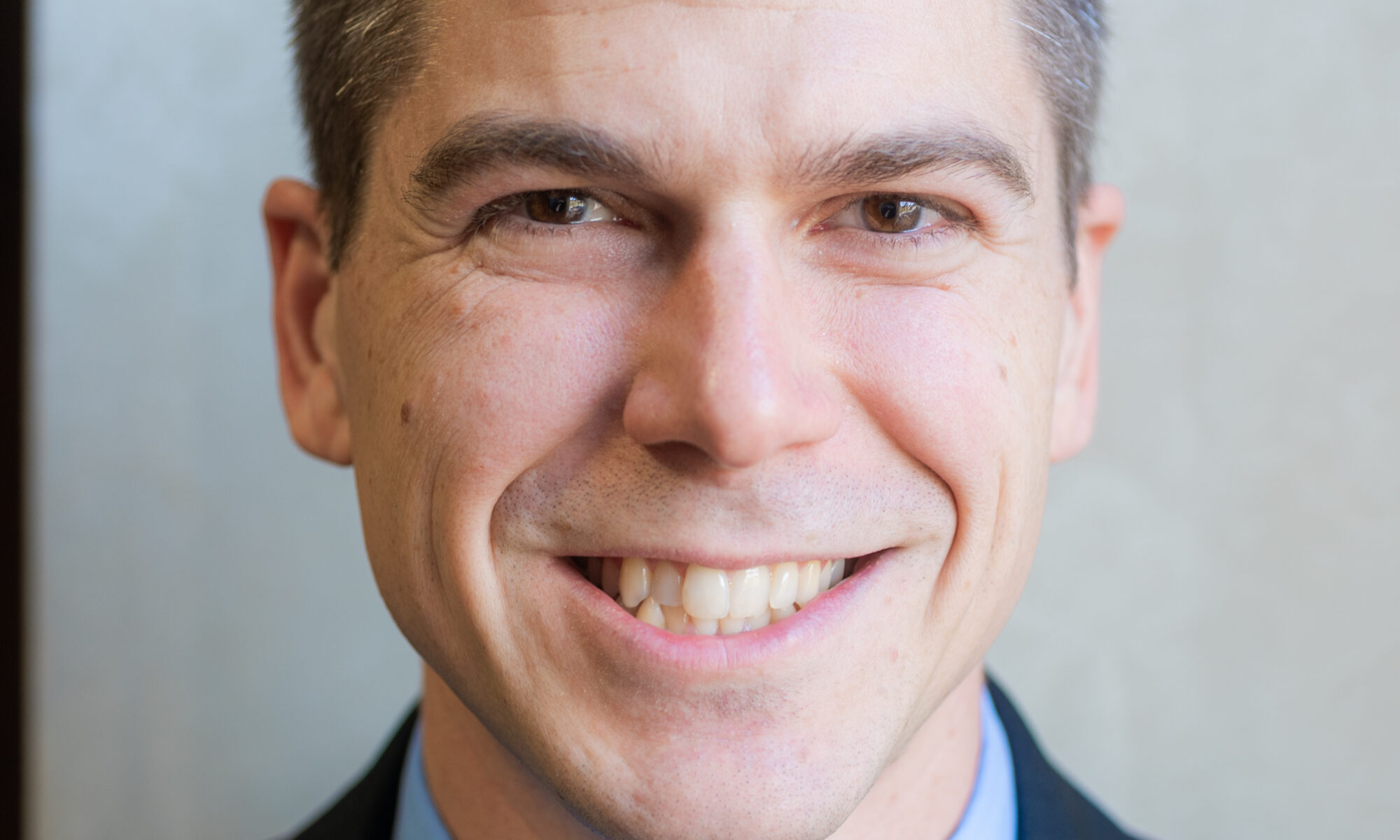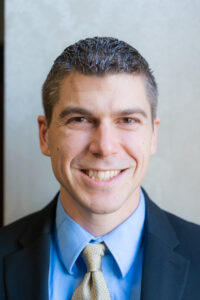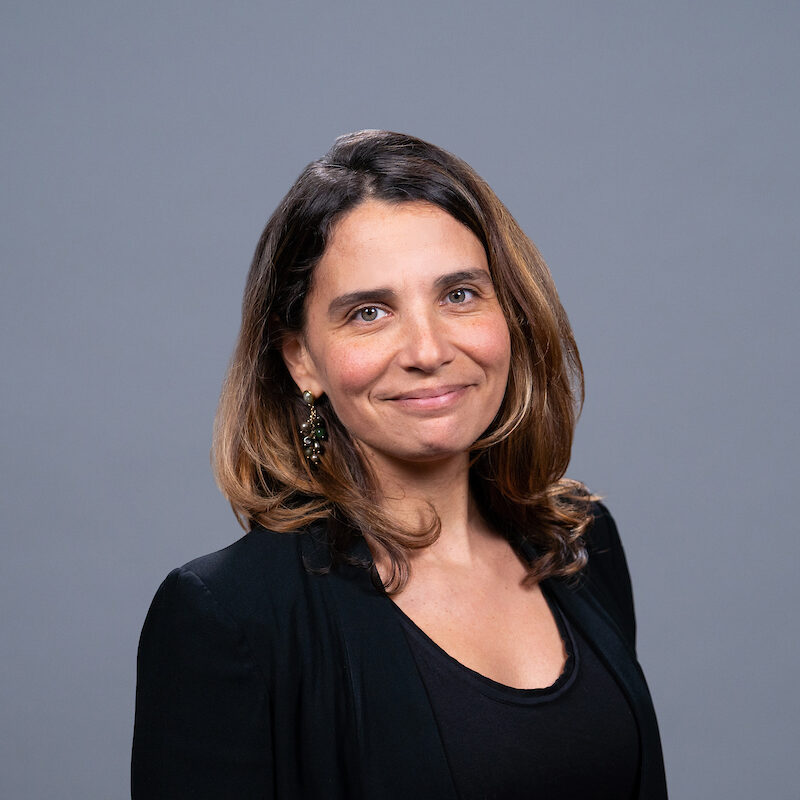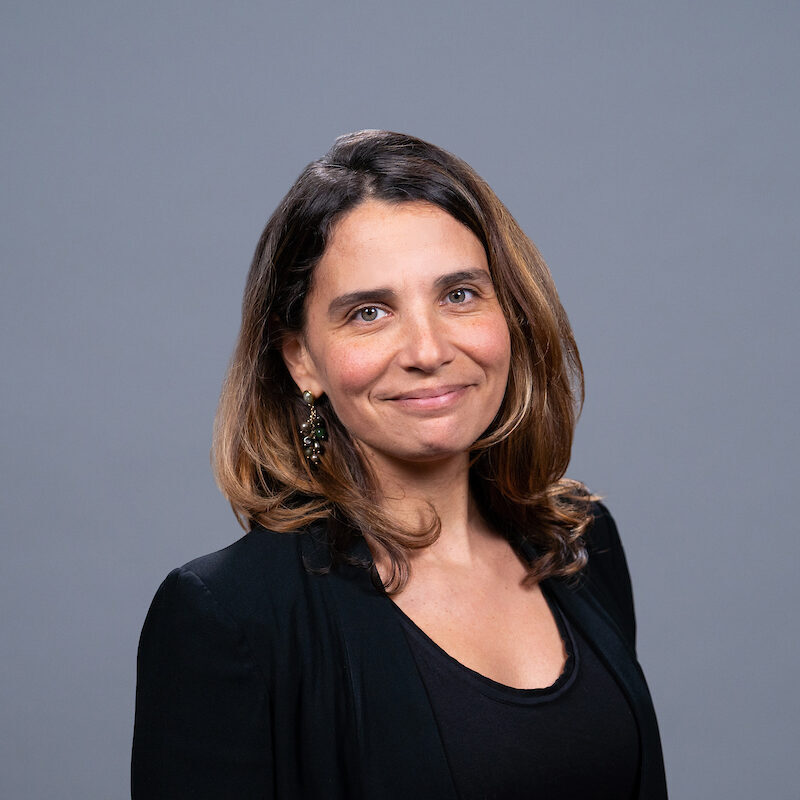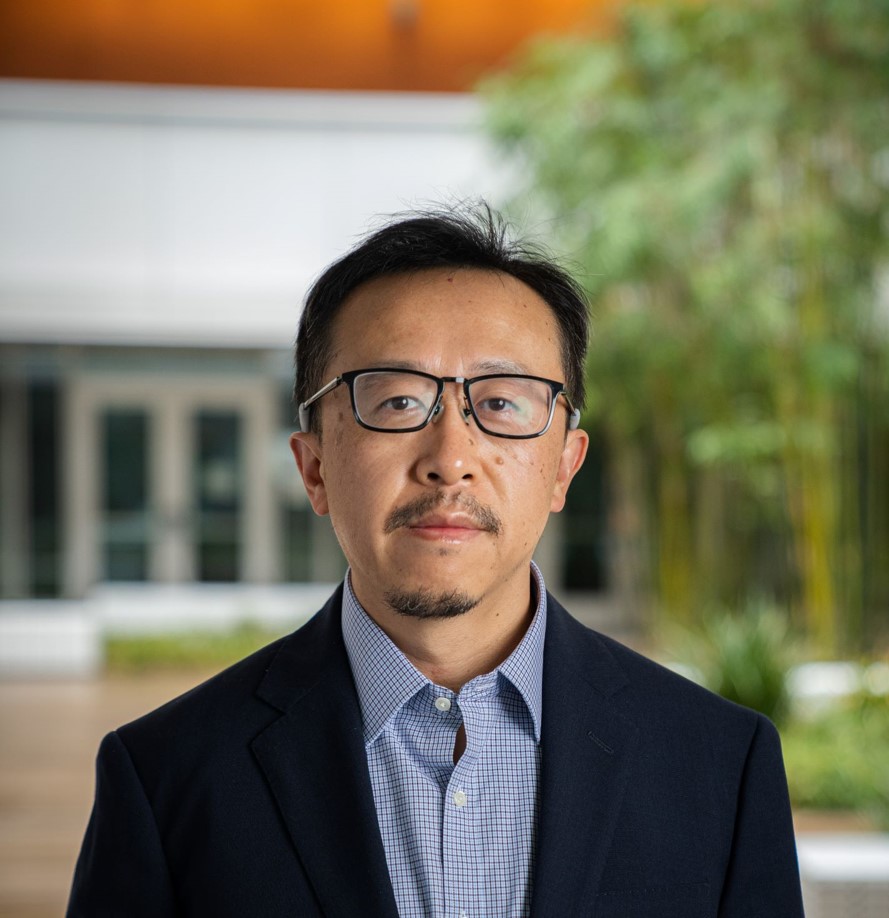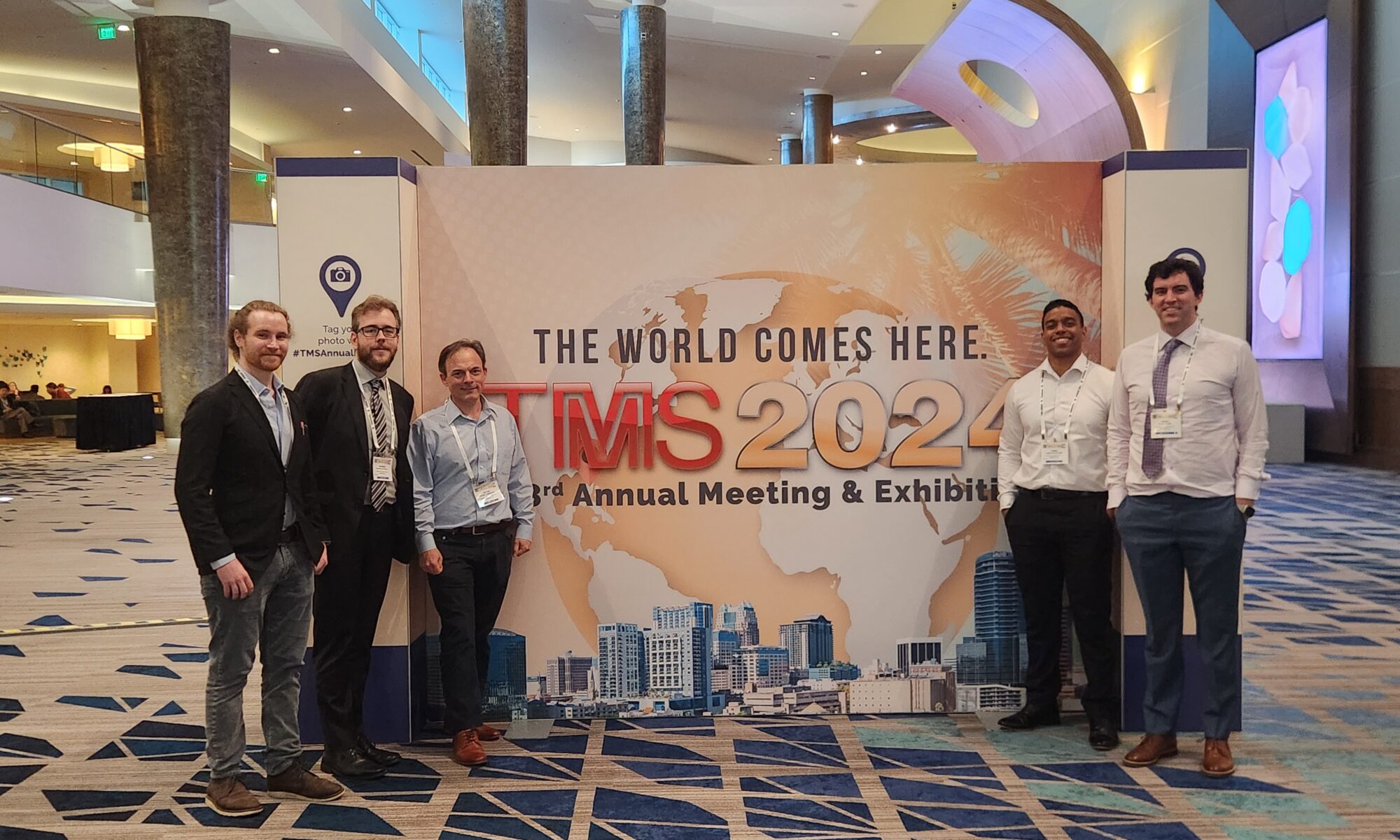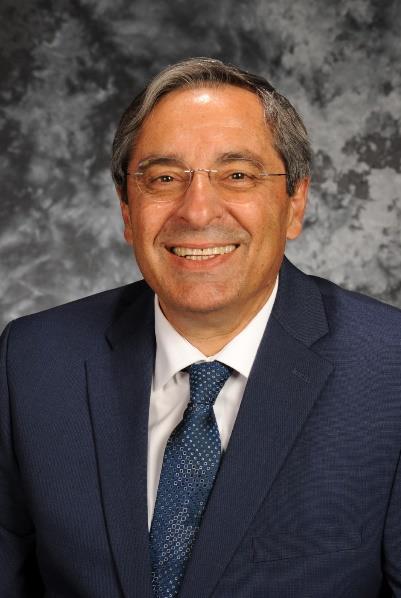Abstract:
Nuclear Medicine is a critical element of modern medicine and healthcare practice, in which we use imaging instrumentation and radiopharmaceuticals to study physiological processes, and non-invasively diagnose, stage, and treat diseases. While typical diagnostic nuclear medicine modalities, such as positron emission tomography (PET) and single photon emission computed tomography (SPECT), could offer a tremendous sensitivity for detecting molecular changes in deep tissue at physiologically relevant concentrations, their imaging capabilities are confined by the tracer principle, and the mechanically and/or electronically modulated image formation process, and the limitations in the modern detector technologies. Considering that the basic idea of nuclear medicine was first introduced about 100 years ago, it is probably the right time to ask where nuclear medicine would go from here?
In this presentation, we will briefly discuss the current trends in nuclear medicine, such as recent advances in diagnostic imaging instrumentation and emerging radiopharmaceutical therapy (RPT). I will follow up to introduce a cluster of R&D efforts at the University of Illinois, ranging from the development of instrumentation for hyperspectral single photon imaging (HSPI) that could potentially transform diagnostic nuclear medicine from monochromatic to multi-color/multi-functional molecular imaging modalities, the development of ultra-low-dose molecular imaging capability based on spectral-temporal-double-coincidence (STDC) techniques, the application of these techniques for developing alpha-particle radiopharmaceutical therapy (α-RPT), to our recent exploration towards X-ray fluorecesnce emission tomography (XFET) of non-radioactive trace metal deep tissue. Through these projects, we have assembled a coherent taskforce aiming to extend the horizon of nuclear medicine and explore the natural interface between diagnostic nuclear medicine and therapeutic intervention for battling cancer, cardiovascular diseases, and neurodegenerative disorders.
Bio:
Dr. Meng obtained his Ph.D. degree from the Department of Physics and Astronomy at the University of Southampton, UK, in 2002. From 2002 to 2006, he has been working in the Department of Radiology and the Department of Nuclear Engineering and Radiological Sciences at the University of Michigan, Ann Arbor, as a Postdoc Fellow and then an Assistant Research Professor. Dr. Meng joined the University of Illinois at Urbana-Champaign (UIUC) in 2006 and is currently a Professor in the Department of Nuclear, Plasma, and Radiological Engineering, the Department of Bioengineering, and an affiliated member of the Beckman Institute of Advanced Science and Technology. Dr. Meng is also a Visiting Associate Professor at the Massachusetts General Hospital (MGH), an Associate Editor for leading research journals, such as the IEEE Transaction on Medical Imaging (TMI) and Medical Physics, and a former charter member of the NIH Imaging Technology Development (ITD) study session. Dr. Meng’s research is primarily focused on the development of nuclear imaging techniques for biomedical research through numerous NIH-funded projects. His work has also been supported by DOE, NASA, and NRC for developing advanced radiation detectors and imaging systems for astrophysics, environmental, and security applications.
